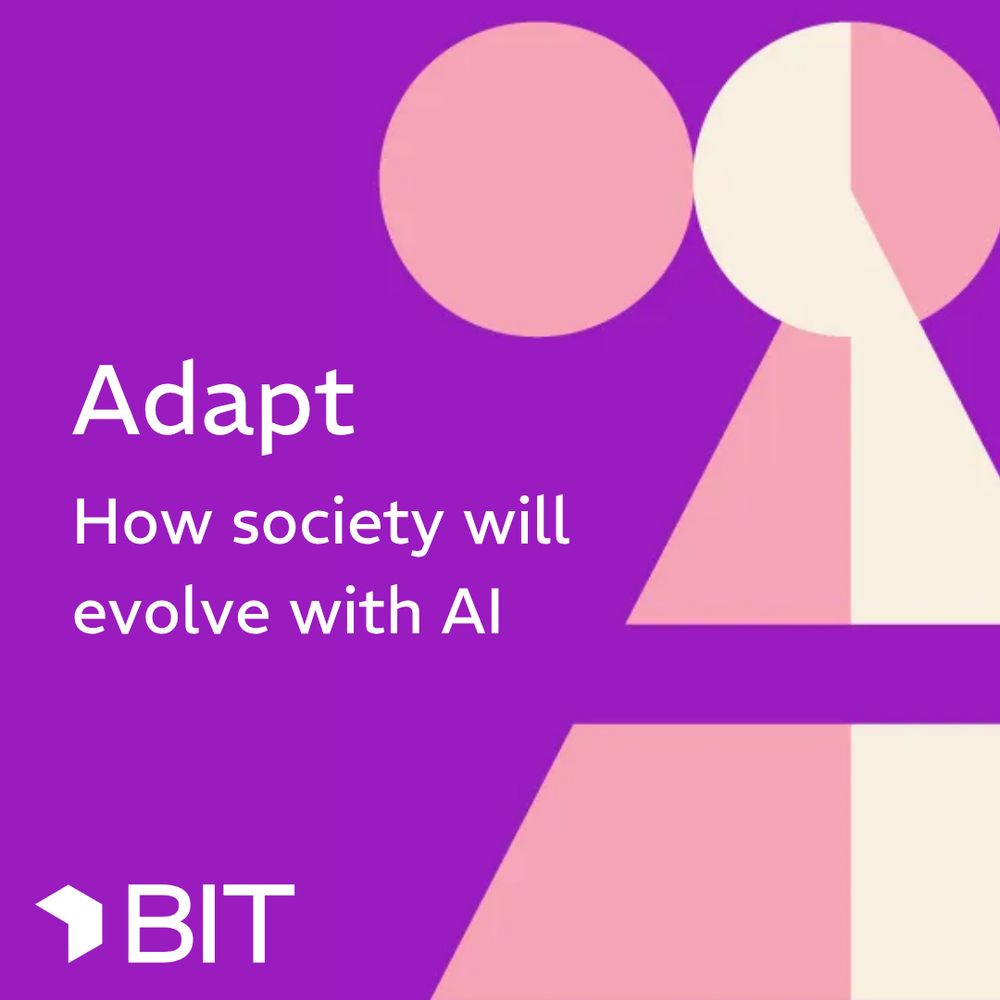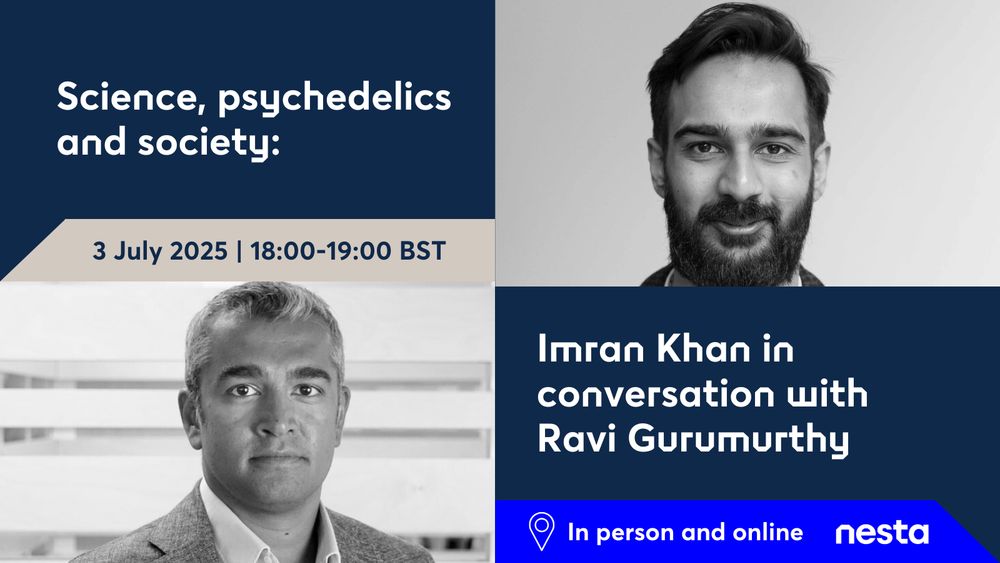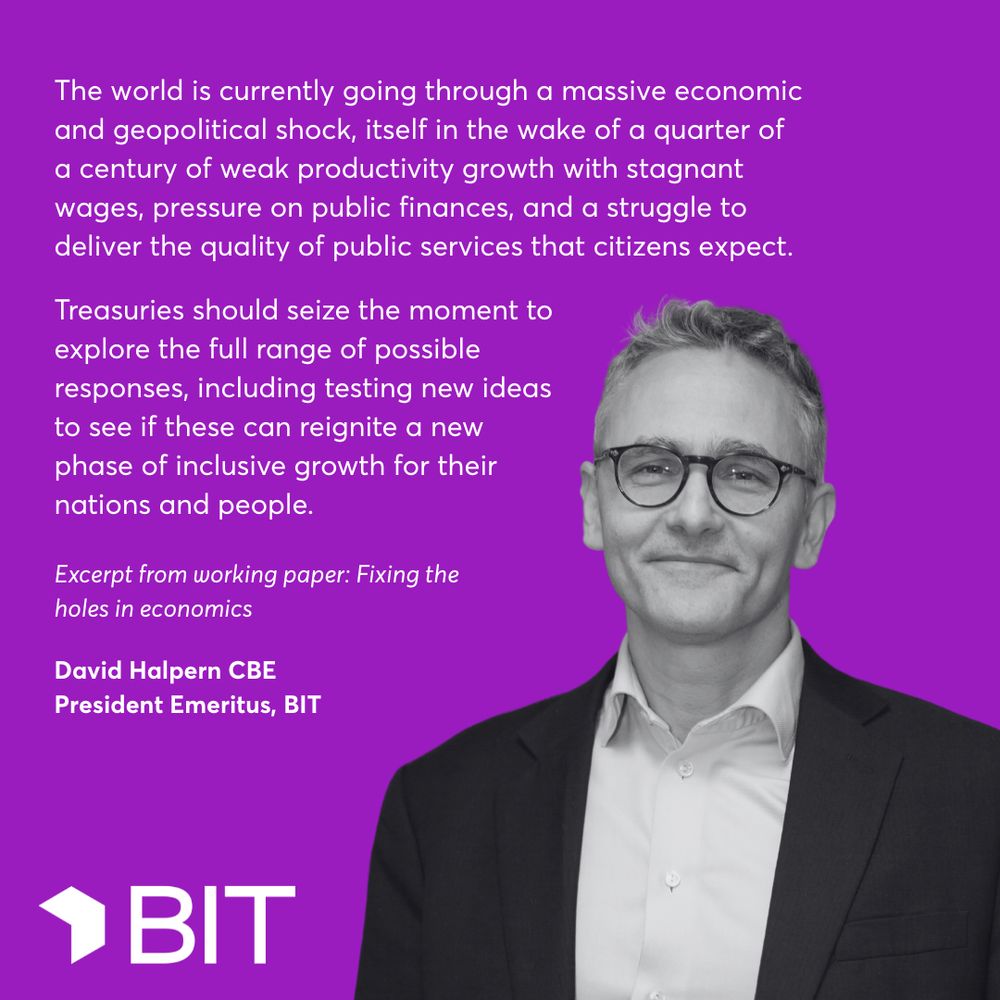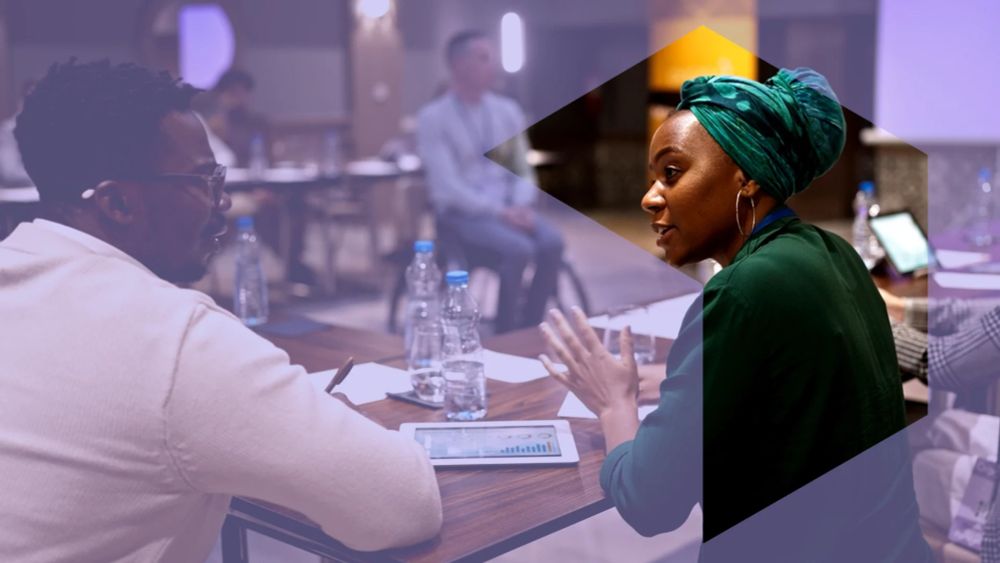BIT
@bitglobal.bsky.social
180 followers
71 following
62 posts
A global research and innovation consultancy which uses a deep understanding of human behaviour and evidence-based problem solving to improve people’s lives. bi.team/newsletter/
Posts
Media
Videos
Starter Packs
Reposted by BIT
Reposted by BIT
Reposted by BIT
BIT
@bitglobal.bsky.social
· Jul 3

Why behavioural insights matter for policing today | BIT
Policing today demands more than enforcement. It requires proactive prevention, early intervention and building trust with communities. Yet many policing challenges hinge on human behaviour: victims e...
bit.ly
BIT
@bitglobal.bsky.social
· Jul 2

Why society changes: behavioural science explains social norms | BIT
Recorded at the Behavioural Exchange conference #BX2025 in Abu Dhabi, Michael Hallsworth, BIT’s Chief Behavioural Scientist, dives deep into the science behind these shifts - asking the question ‘What...
bit.ly
BIT
@bitglobal.bsky.social
· Jun 4
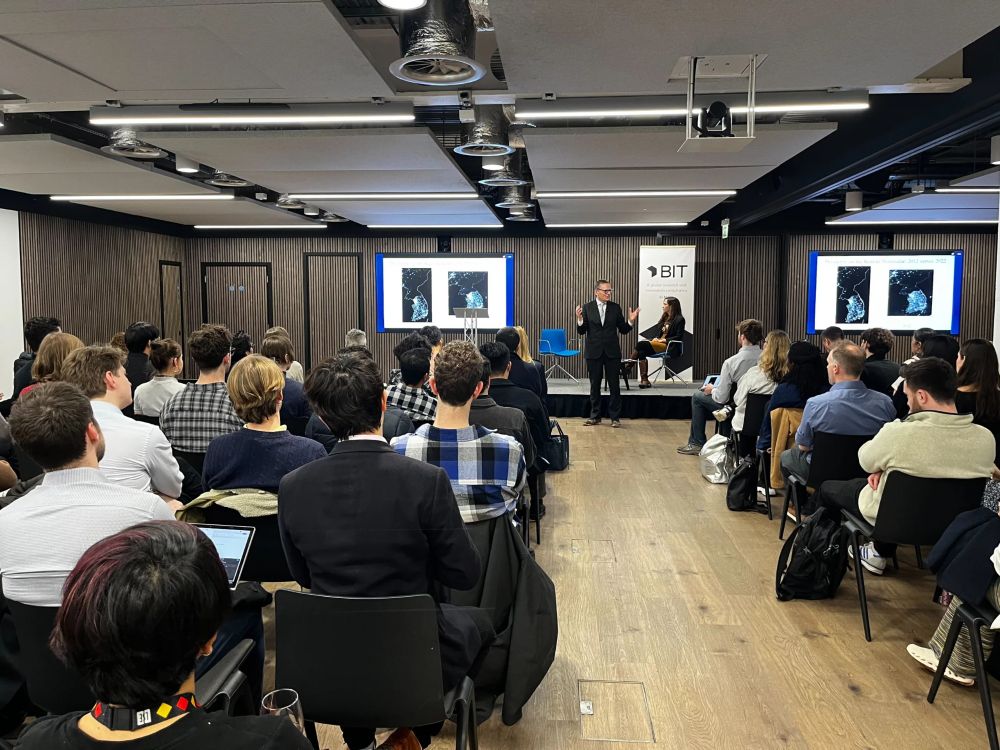
What makes nations succeed? Insights from Nobel Laureate Professor James Robinson | BIT
Join Mónica Wills Silva, BIT’s Director of International Programmes, as she sits down with Nobel Prize-winning economist Professor James Robinson, to hear his insights on how inclusive political insti...
bit.ly
BIT
@bitglobal.bsky.social
· Jun 2
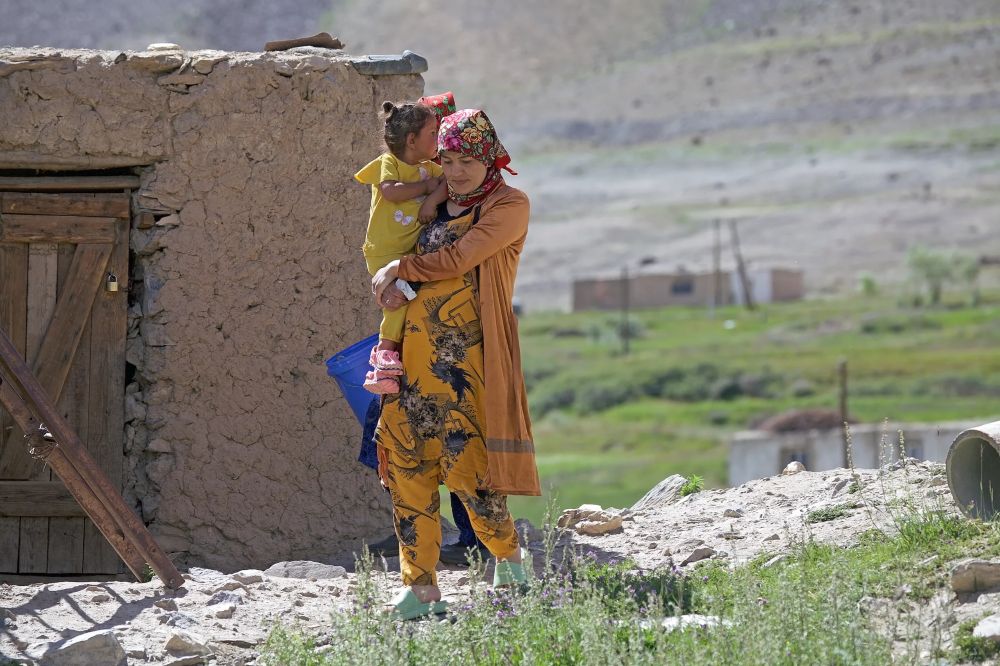
Using behavioural science to address maternal and infant malnutrition in Tajikistan | BIT
Breastfeeding within an hour of birth, eating nutritious meals during pregnancy and lactation, and feeding children over six months a diverse, nutrient-rich diet are globally recommended practices for...
bit.ly
BIT
@bitglobal.bsky.social
· May 30

Young people’s gambling-related experience during major sports events: A Euro 2024 diary-study | BIT
Major sports events are a popular source of entertainment and social connection for young people in the UK. Gambling has become an increasingly prominent feature of these events, driven by media cover...
bit.ly
Reposted by BIT
Ravi Gurumurthy
@raviguru.bsky.social
· May 27
Reposted by BIT
BIT
@bitglobal.bsky.social
· May 20

How is AI being used to create new ways to apply behavioural science? | BIT
Recorded at the Behavioural Exchange conference #BX2025 in Abu Dhabi, Michael Hallsworth, BIT’s Chief Behavioural Scientist, explores how is AI being used to create new ways to apply behavioural scien...
bit.ly
BIT
@bitglobal.bsky.social
· Apr 30
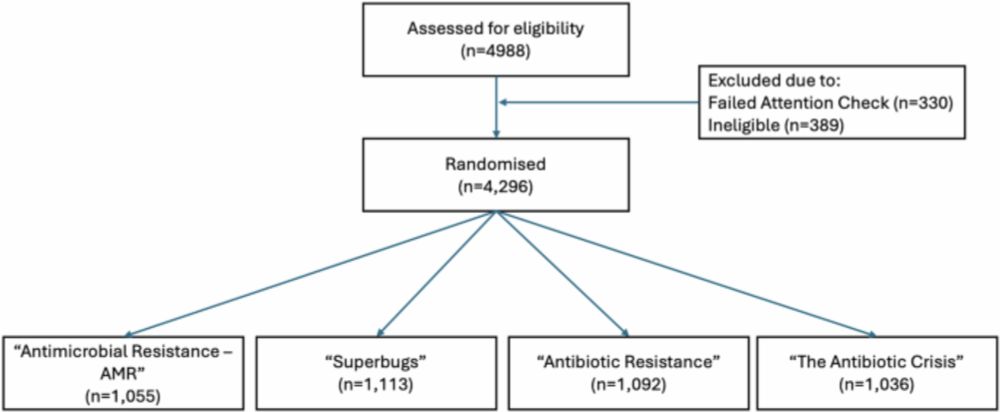
Differing terminology used to describe antimicrobial resistance can influence comprehension and subsequent behavioural intent - Communications Medicine
Grailey et al. investigate the impact of different terminologies used to describe AMR, testing terms co-designed with the public. Terminology that is familiar, such as the inclusion of ‘antibiotics’ c...
go.nature.com
BIT
@bitglobal.bsky.social
· Apr 29

How can behavioural insights boost malaria vaccine uptake? | BIT
Behavioural science has extraordinary potential to supercharge malaria vaccine rollouts currently underway across Sub-Saharan Africa. Almost 20 countries across the African continent are embarking on...
bit.ly


